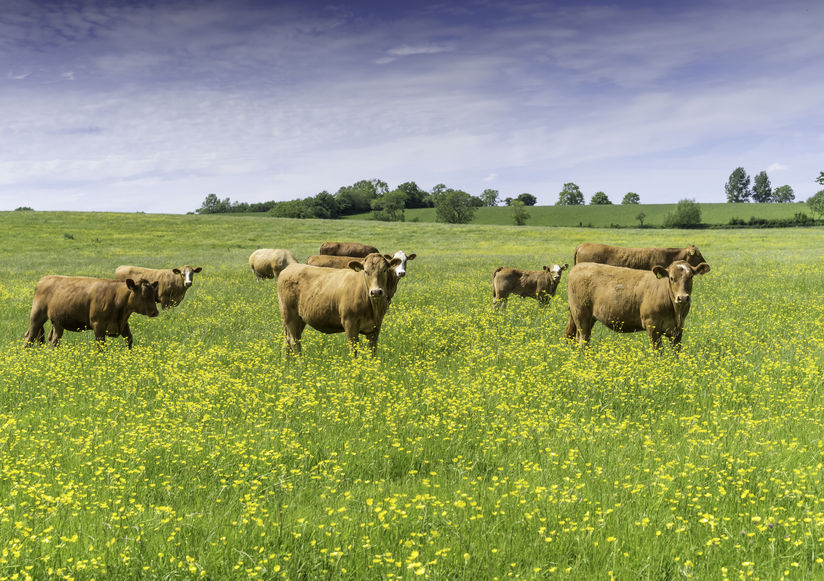
Tenant farmers have called the amount of criticism levied against livestock farmers in the debate around climate change as “unfair”.
There is growing criticism of the UK livestock industry over claims that it is damaging the climate.
However, statistics from the Department of Business, Energy and Industrial Strategy (BEIS) estimate total UK greenhouse gas emissions are around 468 mtCO2e and all of UK agriculture is responsible for only around 10% of these.
The bulk of emissions come from transport and energy which together account for over half of total emissions.
The Tenant Farmers Association (TFA) has reacted against the criticism of the UK livestock industry, saying it is "unfair".
TFA Chief Executive, George Dunn, said: “Whilst tenanted holdings are found in all sectors of agriculture, there is a higher proportion of let land in grassland farming. Farmers of this landscape see themselves both as producers of great food, and managers of the environment.
“It has been unfair, of late, to see the amount of criticism levied against livestock producers in the debate around climate change.”
'Store of carbon'
UK agriculture is responsible for managing around 70% of the total landmass of the UK, and it’s emissions are low by comparison to the transport and energy sector.
“However, agriculture is also a store of carbon with the 10 million ha of grassland across the UK storing something like 600 million tonnes of carbon estimated to cover about one third of the UK’s below ground carbon stock,” said Mr Dunn.
“In addition, this grassland is also responsible for the sequestration of around 2.4 mtCO2e annually.
“On top of this important public good, livestock farming is contributing in large ways to other ecosystems services including landscape and biodiversity. It is also providing an economic base for tourism, public access and food processing,” added Mr Dunn.
World leaders and a host of other delegates are gathering over two weeks in Poland for the latest UN climate change summit, which ends on Friday 14 December.
